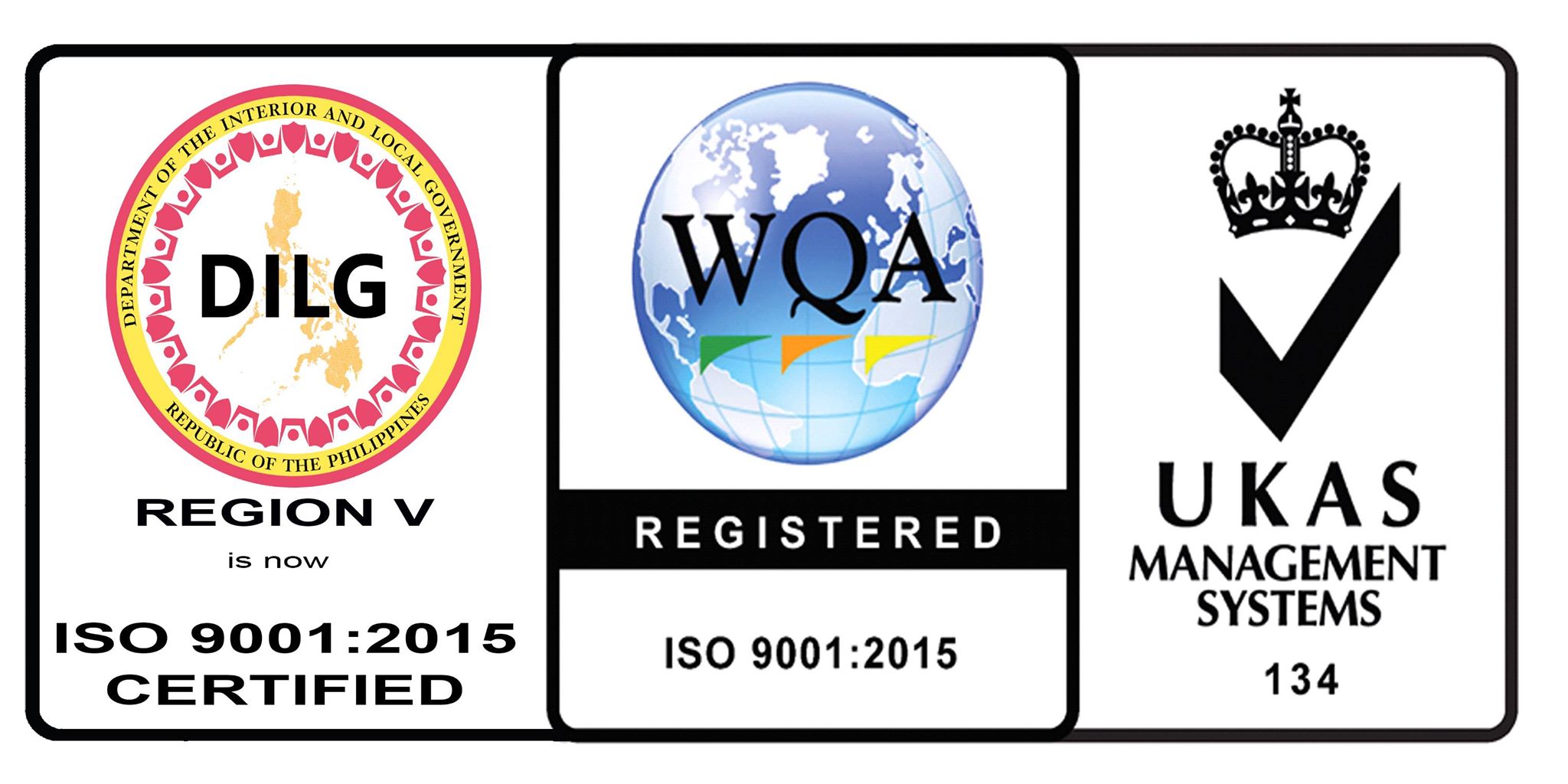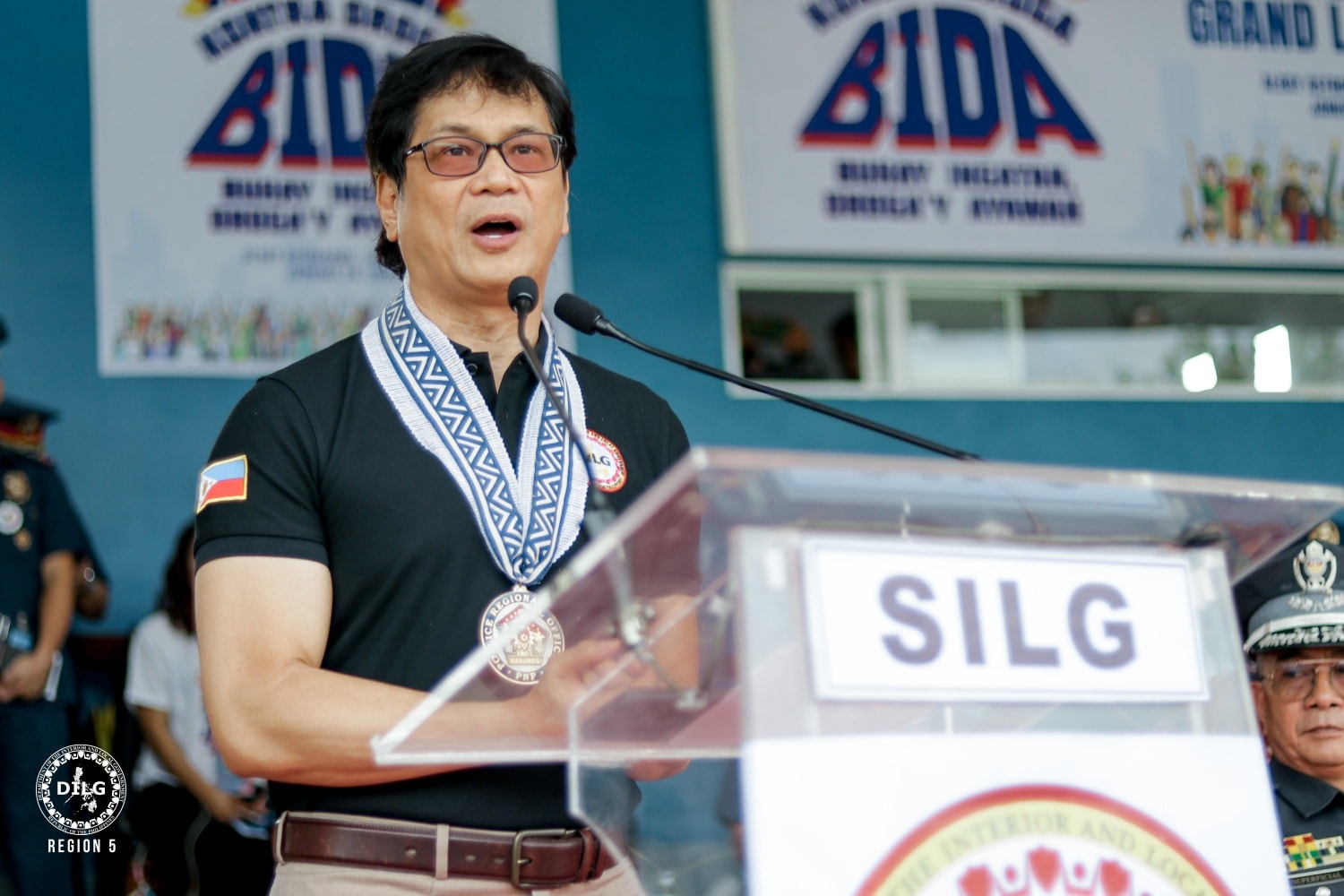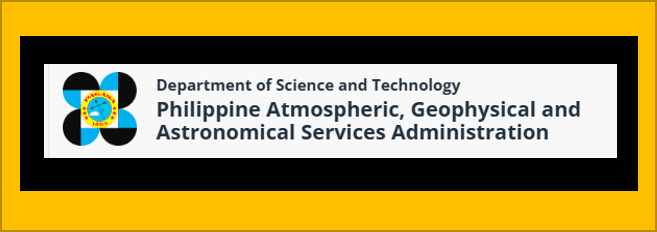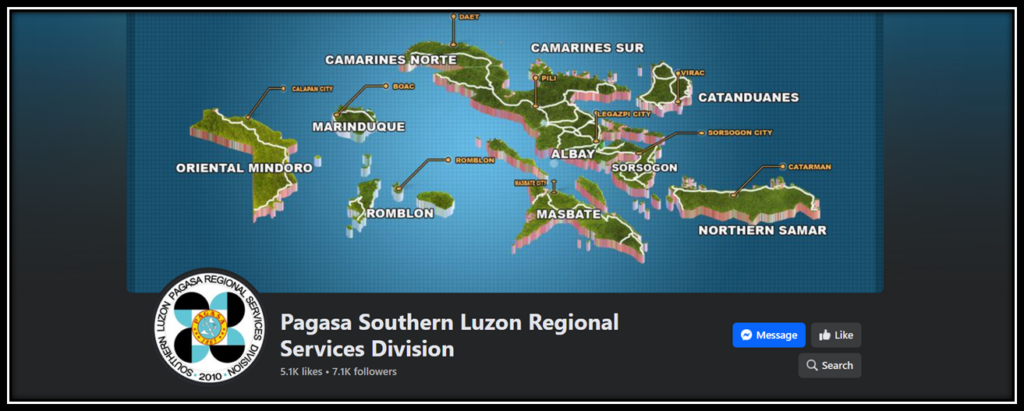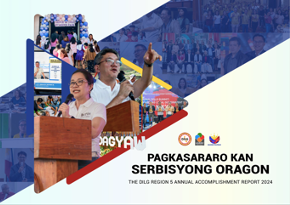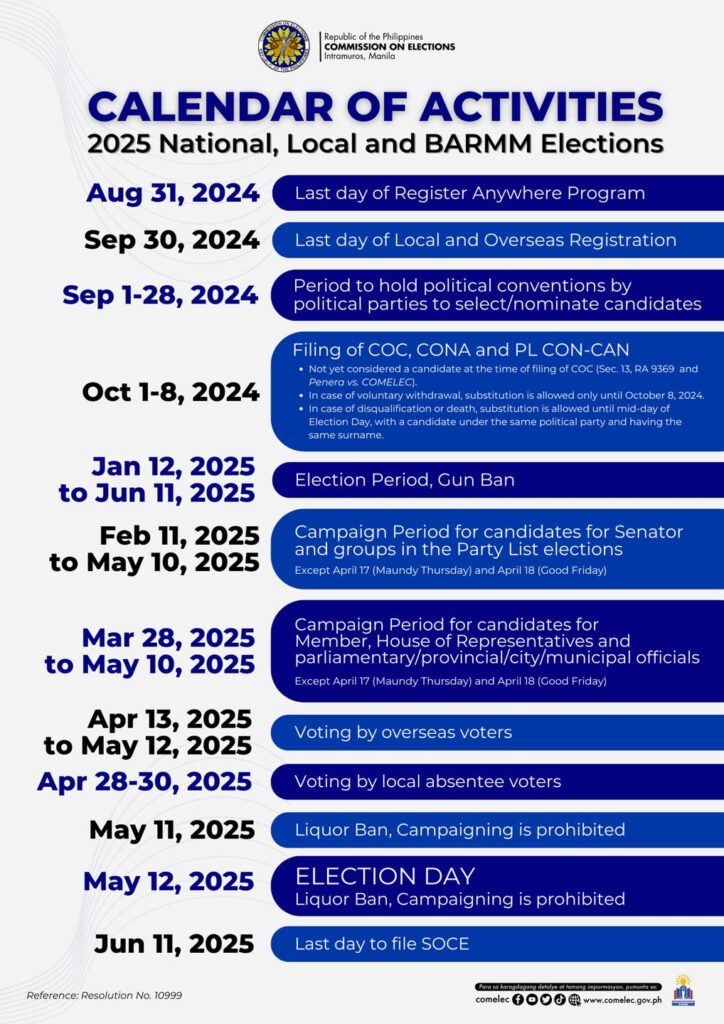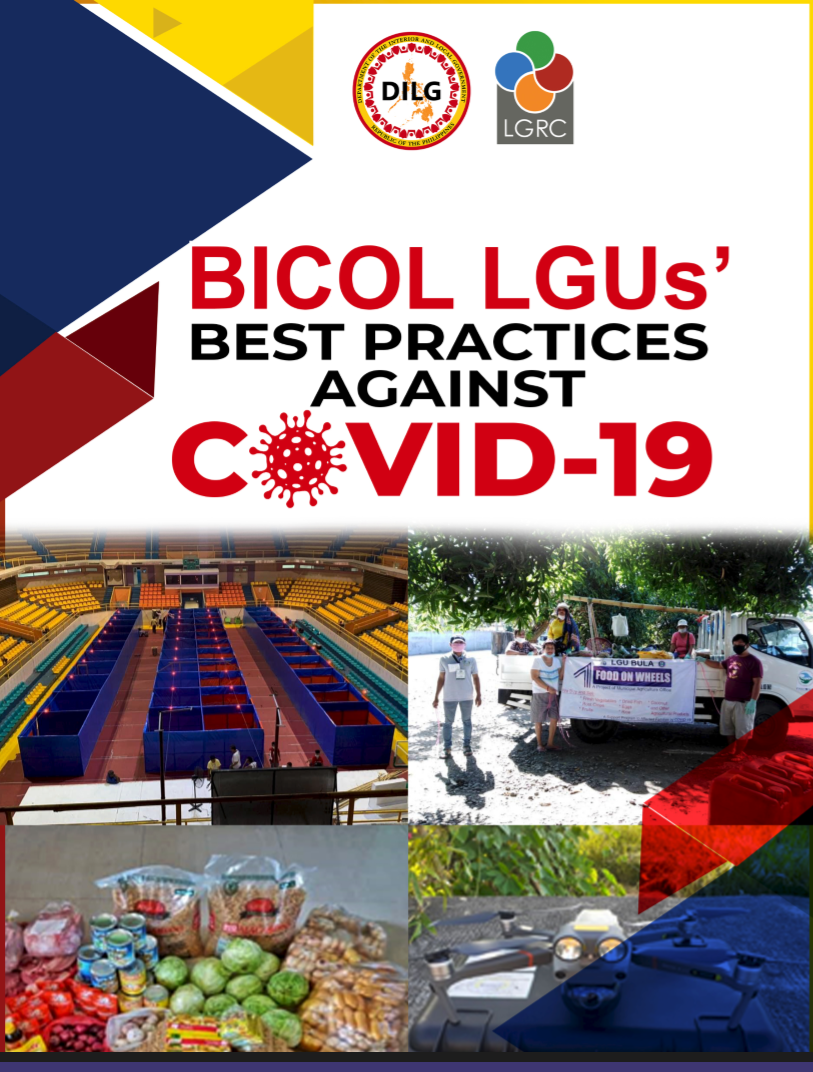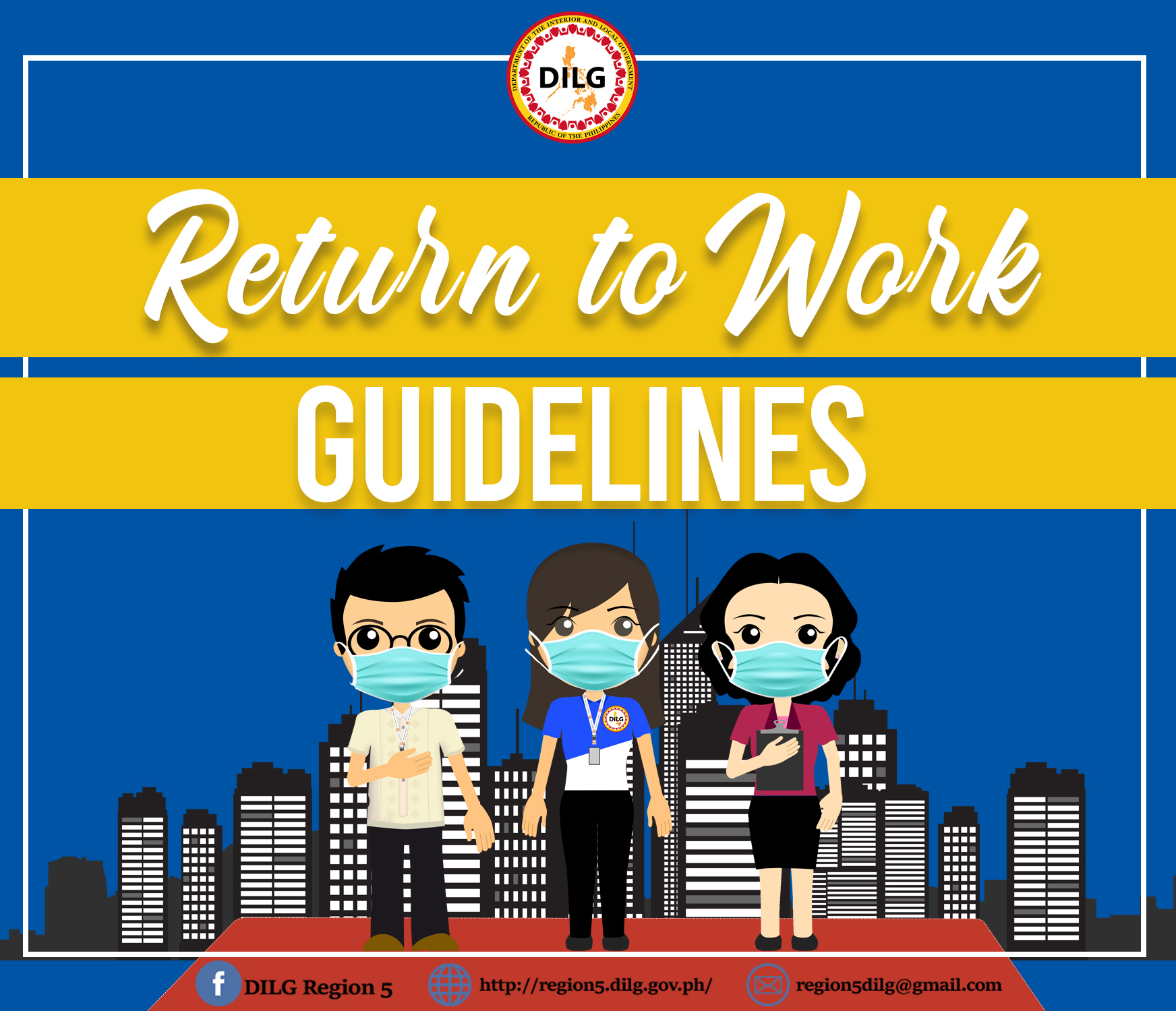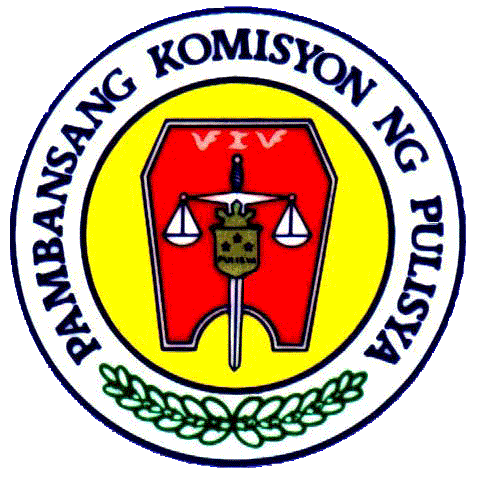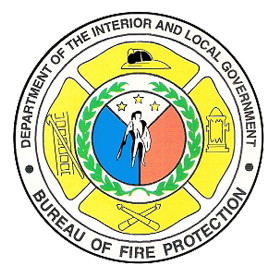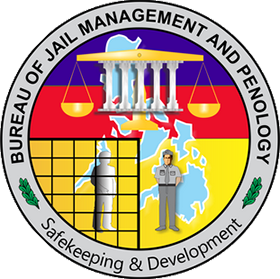
Barely more than a month after the May national and local elections, the Department of the Interior and Local Government (DILG) through the Local Government Academy (LGA) has prepared a comprehensive training program for the incoming set of local officials to develop and enhance their capabilities as managers for local development under the NEO program. The NEO program has four major components, namely Ensuring Smooth Transition; Laying the Foundation; Building Alliances and Sharpening the Saw.
The first component aims to facilitate smooth transition of powers and authorities from t he outgoing to the incoming local officials through the creation of transition teams in every LGU. The second component which is “Laying the Foundation” is set to be implemented in two tracks : Track 1-A or “My First 100 Days in Office” is a rundown on the critical steps of the first 100 days in office of the local chief executives; Track 1-B or “Knowing my LGU” is a presentation of the state of local governance report, state of development report and financial capacity in their respective LGUs; and Track 2 or “Fine Tuning My Competencies” is seen as a venue for peer-based sharing of innovative ways of tackling the duties and responsibilities of local officials.
The “Building Alliances” component is geared towards the formulation of a Provincial Development Roadmap which identifies the common points of collaboration and cooperation of the cities and municipalities to bring about development in the province while Sharpening the Saw is a market-driven program where LGUs match their requirements with the existing capacity development services and training packages.
Dir. Blandino M. Maceda has recently organized and convened the Local Governance Transition Team of DILG V in order to come up with specific plan of activities for the smooth implementation of the NEO program in Bicol. The NEO program is a pioneering initiative of the Department which aims to prepare the newly-elected local officials for their duties and responsibilities as leaders and make them development-oriented local officials who are able to promote local economic development and translate it into a term-based development roadmap correlated with the realization of national development goals.




